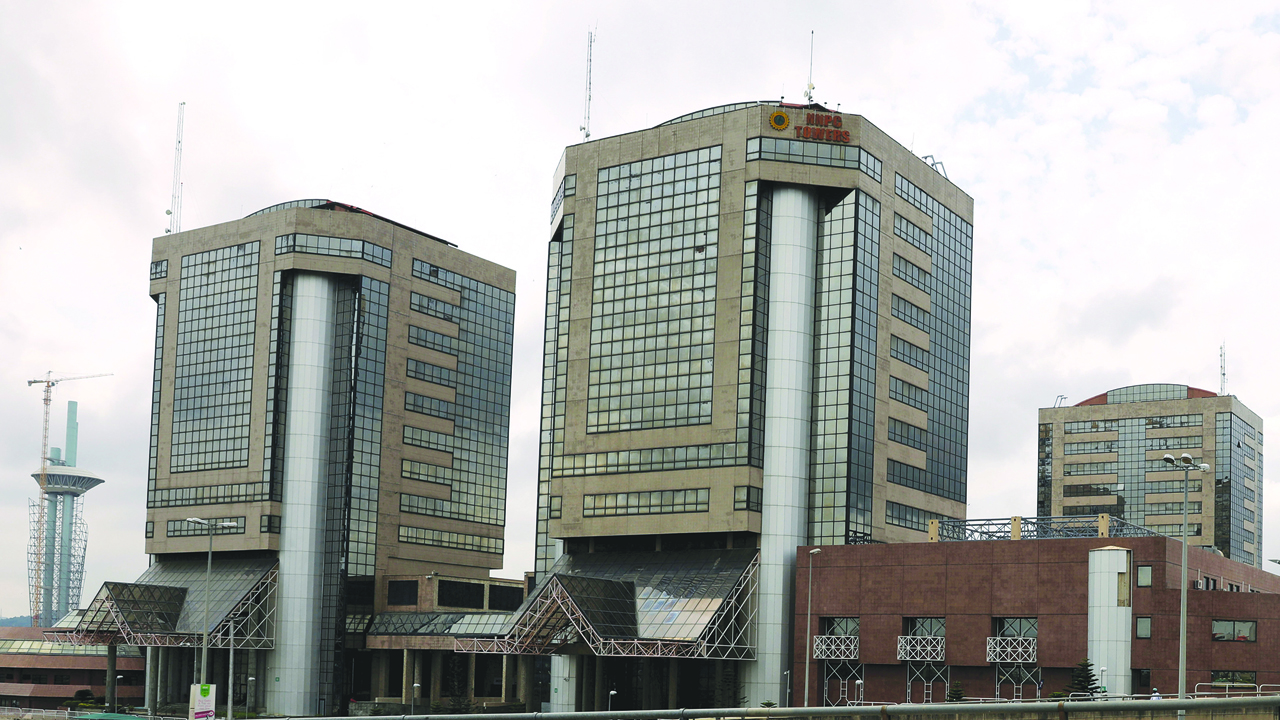
The Nigerian National Petroleum Corporation (NNPC), Gas Aggregation Company of Nigeria (GACN) and oil and gas stakeholders have revealed plans to harness gas resources to the advantage of the South East.
At least 500 stakeholders, who gathered in Owerri at the weekend to discuss “Natural Gas Utilisation and Optimisation in Nigeria: Focus on the South Eastern Hub”, are aiming to expand gas utilisation in the region using market-based and government frameworks to clear all obstacles to the market’s transition.
Speaking at the event, the Minister of State for Petroleum Resources, Chief Timipre Sylva, insisted that there was a need for the country to prioritise utilising natural gas resources domestically, especially in the area of jobs creation and economy development.
“Government strongly believes that the South East has a pivotal role to play in Nigeria’s journey towards gas availability, broad utilisation and value optimisation, which is one of the reasons the South East was chosen as the first zone to host this forum,” Sylva said.
According to him, the ministry has made progress in the upgrade of the national gas utilisation framework by adopting and implementing innovative policies and initiatives aimed at positioning natural gas as major driver of the economy.
The minister added that apart from the South East’s natural gas deposit, which would be a useful for energy supply source, the region’s industrial composition provides for Nigeria’s gas market the complementary demand point needed to unlock the market’s potential.
The Federal Government had earlier in the year launched the Development and Operationalisation of The Nigerian Gas Transportation Network Code which guides the use and operations of the Gas Transportation Network system to entrench excellence and best practice in the domestic gas market while impacting positively on the growth and economic development of the country.
It also launched the National Gas Expansion Programme (NGEP), Gas Sector-Wide Review of the Domestic Gas Pricing Framework, the deregulation of downstream petroleum sector as well as the Abuja- Kaduna-Kano (AKK) gas pipeline project.
Group Managing Director of the NNPC, Mele Kyari, who was also at the event, stated that government had consistently taken steps to leverage gas to build a sustainable economy for Nigeria.
Kyari explained that the outcome of the approach was in key gas-based investments that had been made so far by government.
According to him, an example is the imminent completion of the landmark Obiafu-Obrikom-Oben (OB3) gas pipeline project which will help commercialise over two billion cubic feet per day (BCF/D) of gas and generate billions of dollars of new revenue and thousands of employment opportunities as gas volumes that were stranded in the East would be brought to the national and regional markets.
He added that businesses in the South East would benefit from the efforts of the NNPC and GACN to open up the region’s gas market.
He said: “The South East business community is well-placed to key into the Federal Government’s economic development plan to move Nigeria from being a crude oil export-based economy to an attractive oil and gas based industrial economy,” the NNPC chief said.
Chairman of GACN board, Mansur Sadiq Sambo, said the efforts of the body would be beneficial to Nigeria and the region.
The President of Nigerian Gas Association, Audrey Joe-Ezigbo, said emergence of new gas projects in the South East was a welcome development. She stressed that there was a need to rapidly transform the fortunes of the states and the people in region.



